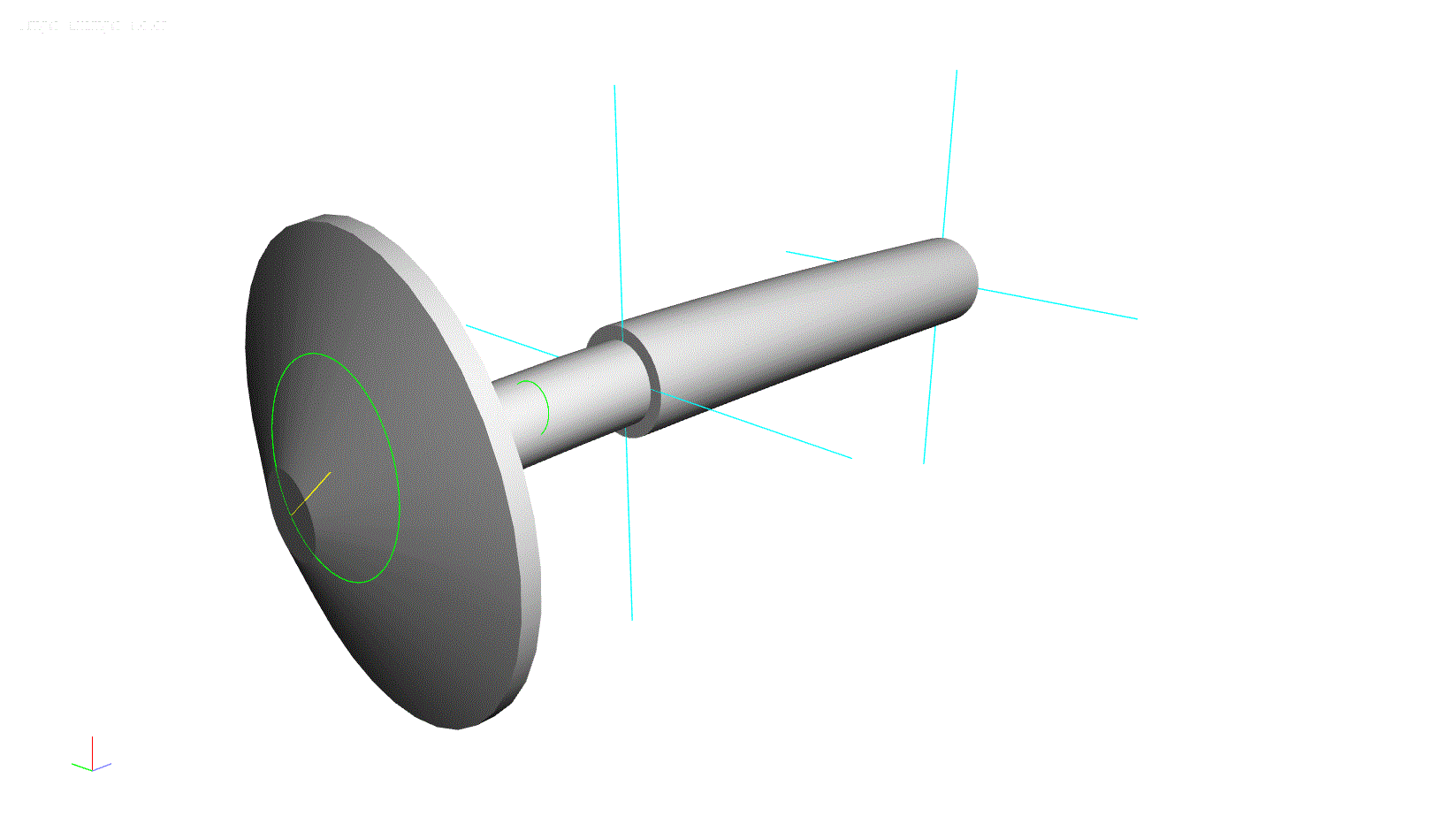Every company in the turbomachinery industry needs robust technical expertise to survive in this very mature business. Whether you make a rotating component or use one in a product, your in-house engineers have to consider many factors when designing a product. They must find the appropriate balance between the competing factors of higher efficiency, lower cost, ease of manufacturability and increased performance. Doing this task well requires insight across many disciplines. It also requires a deep understanding of the impact the various trade-offs made on the product and your bottom line.
While your full-time employees can usually meet the demands of day-to-day operations, there are several circumstances where it makes sense to hire an expert outside consultant. Doing so can actually save you time, effort, and money. These circumstances include:
- Short-term capacity issue
- Missing technical expertise
- New product development
- Objective review
Let’s look at each circumstance in a little more depth.
Short-term capacity Issue
Most turbomachinery companies experience this problem at some point. For some it is cyclical, others have unpredictable spikes based on sales; either way, it is disruptive. When you think about it, it is a good problem to have, except you usually can’t justify hiring a full-time employee. So you end up either paying lots of overtime, overworking staff, missing deadlines or passing on the opportunity. An alternative is to work with turbomachinery experts, who can step in and seamlessly supplement your in-house engineering staff. Developing a long-term relationship with a well-established company can enable you to ramp up and down as needed. This solution lets you take advantage of the booms without adding to payroll.
Missing Technical Expertise
A new project, product or process can require a level of expertise that might not exist in-house. This is especially true for system integrators, where it is almost impossible to stay at the cutting edge of many different technologies. The learning curve can be steep, and come at the cost of productivity. Using an expert, already familiar with the technology, eliminates this problem. Your staff can then ramp up at a non-disruptive pace if and when the technology becomes a core part of your business. If it is a one-off requirement, then you didn’t waste a lot of time and energy bringing your staff up to speed. This keeps the productivity of your core team at peak performance.
New Product Development
“Change or Die” is a popular quote in business. While change is obviously the preferred option in that scenario, coming up with new and novel ways to do business is hard. There is a risk in taking people off the projects that pay the bills, to work on something that might or might not be a financial success. An example of this is a company looking to move into a new market, say a turbocharger manufacturer who wants to start to design their own line of products. While they might have plenty of people skilled in making turbochargers, they lack the specialized engineering skills to design a new product that pushes the performance frontier. If your product is highly complex, it is even riskier, since the chance for missteps or failure increases.
Instead, consider working with a company that offers a broad range of engineering services to enable your team to stay focused on your core business. The “hired guns” can use their cross-functional skills and broad experience to help you achieve your new product goals. Then your staff can ramp up on the new product after it has been fully vetted. A strong, technology based consulting company can create a clear plan that transitions your people and products, and positions your company to compete in a new market.
Objective Review
Let’s face it, it is very hard for anyone to objectively review their own work. Even companies can become blinded to flaws in their products because of all the hard work and money that went into creating them. Think New Coke, the Apple Newton, Microsoft Vista, and the Galaxy Note 7. Having an outside company review new ideas, prototypes, and even underperforming products, can bring an objective opinion on the actual merits of the product. This outside review is also invaluable during the start-up phase of a new company seeking venture capitalist funding.
So, while the vast majority of engineering challenges can be addressed in-house, there are exceptions. Hiring an outside company can help make the product and your bottom line stronger.




